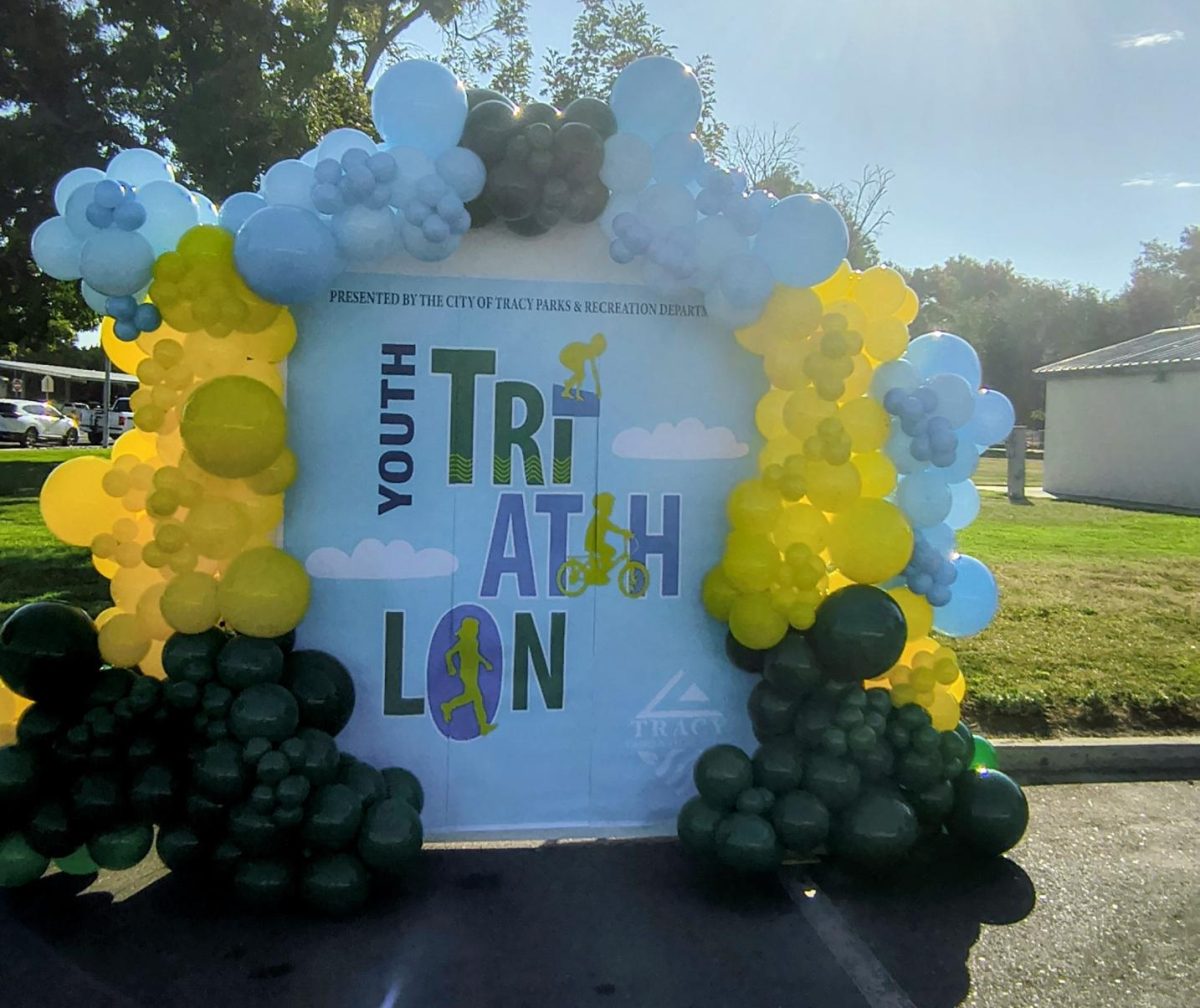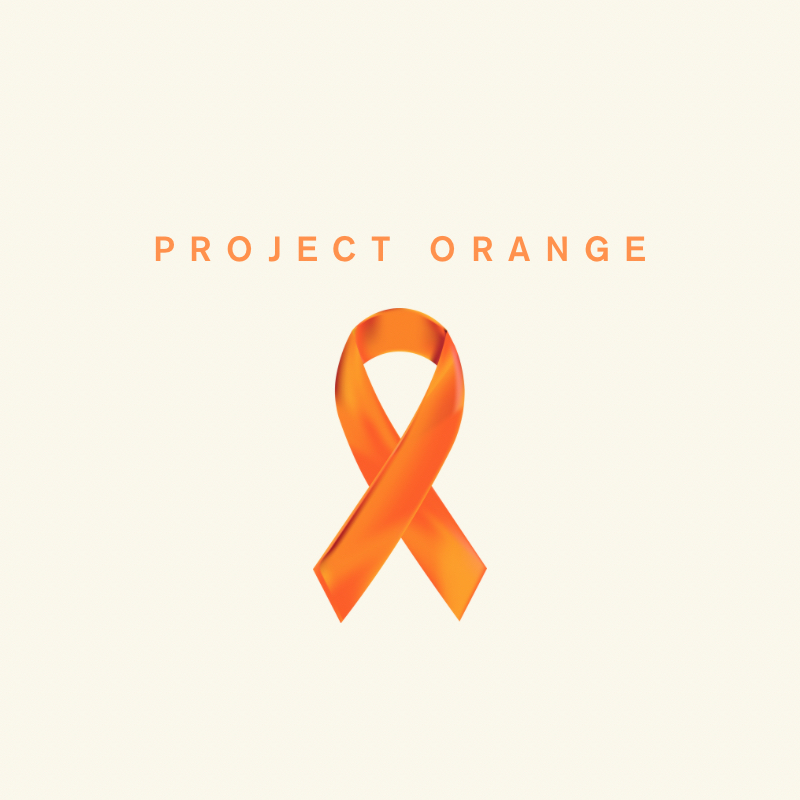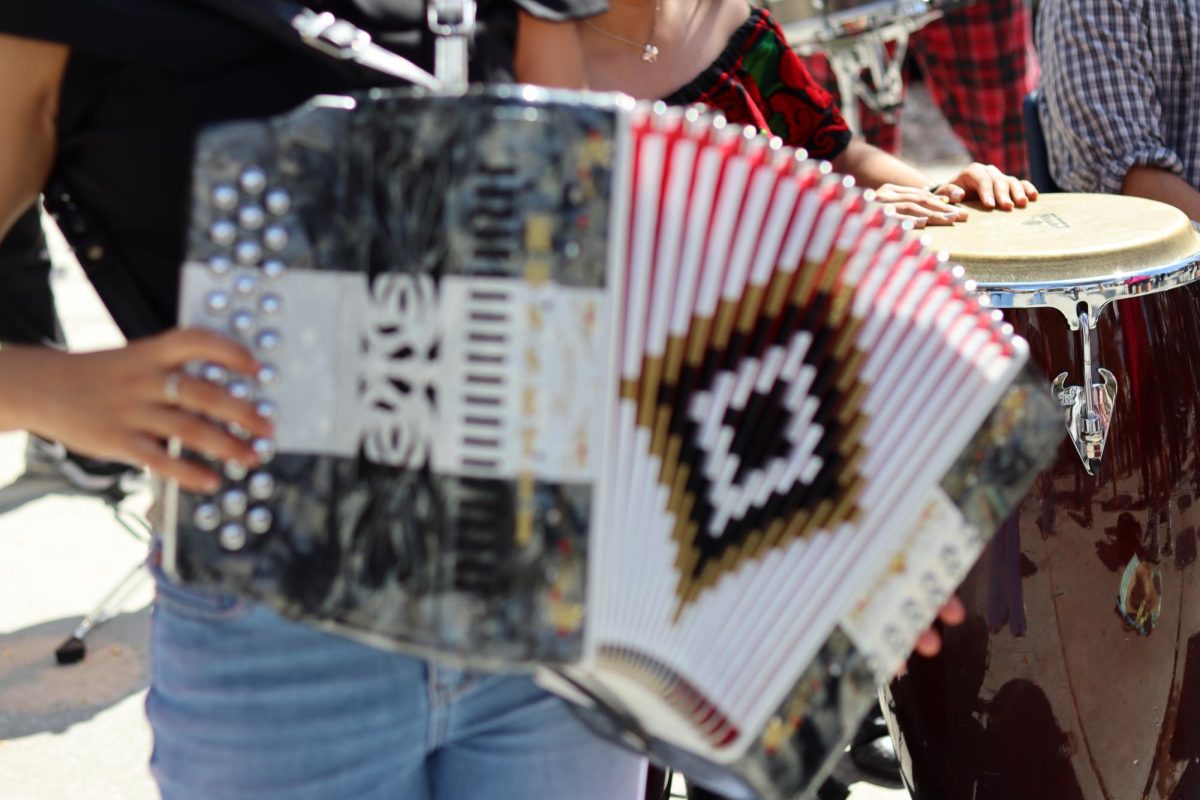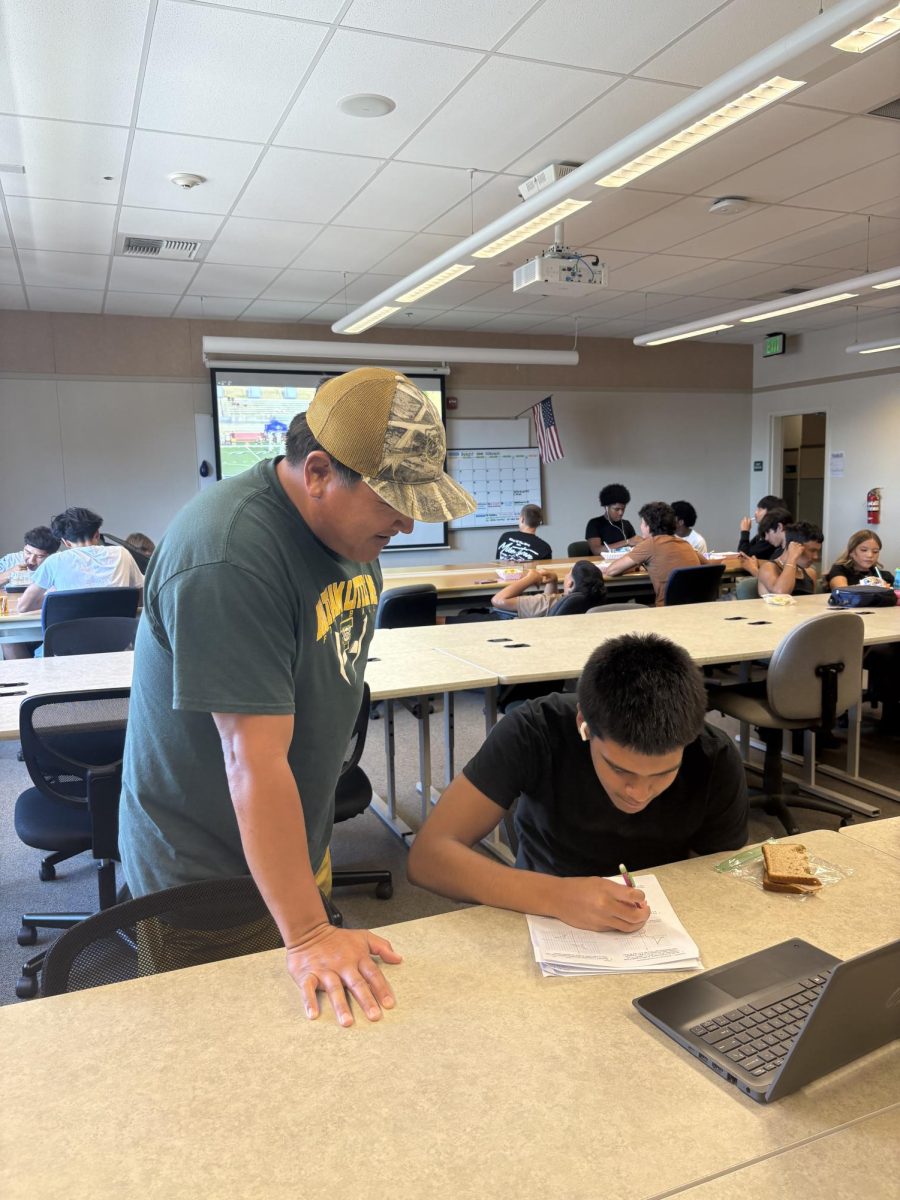
Did you know that any person who donates blood can save up to three people’s lives? This past Friday, Jan. 26, Abigail Riley hosted a blood drive at Tracy High School as her Ag Science Senior Project.
Riley’s research and project were focused on organ donation which led her to a blood drive to make life-saving efforts in her community.
“We donate to local hospitals, American Red Cross deals with all of that, though,” Riley said, when asked about who would receive the blood.
On this day, student donors will give enough blood to save 129 people’s lives, either in emergency situations or everyday medical uses. With the assistance of the American Red Cross, Riley was able to set up this life-saving event, which was advertised to people who might not even think about donating this much needed resource.
As with any event that is put together, this was not a short, effortless process to get set up and ready to go. It all started with an idea Riley had when she recalled her own sister having a major leg injury that needed medical attention and organ donation to repair.
First was contacting and organizing with the American Red Cross on what would be needed to pull this blood drive off. Approval of a space from the school district was needed, along with staff from the American Red Cross, who was trained and licensed to draw blood. Likewise, students were needed to donate their blood, along with time and effort from many volunteers who helped her set up the event.
“I want to donate because I feel like it’s a good cause, and not everyone knows about it, even if some people do,” Ronin Contreras said, when asked why he decided to donate.
Like many people on Earth, the fear of needles was ever-present according to volunteer Cole Goodfellow.
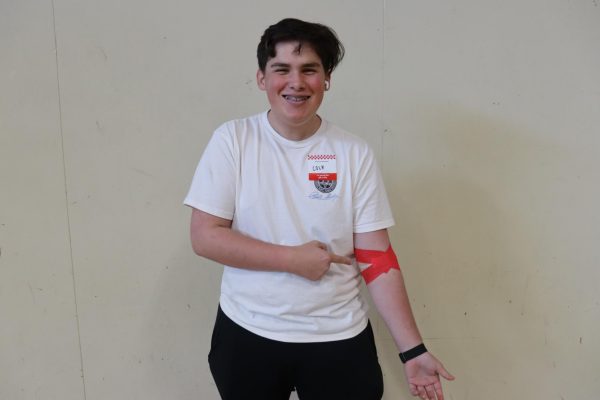
“Yeah, I was pretty scared, but since it’s for a good cause, I’m willing to put my fear aside,” Goodfellow replied, when questioned about the negativities of donating.
According to Riley and the donators, there were few preparations needed before and after giving blood. The main preparations were to make sure you drank fluids. Recommendations included 16oz of water or more and eating food prior to donating blood.
After the donation, the main side effect was possibly feeling dizzy or weak. A small snack and juice were provided once students gave blood, along with sitting for a few minutes before they were escorted out to their next class.


